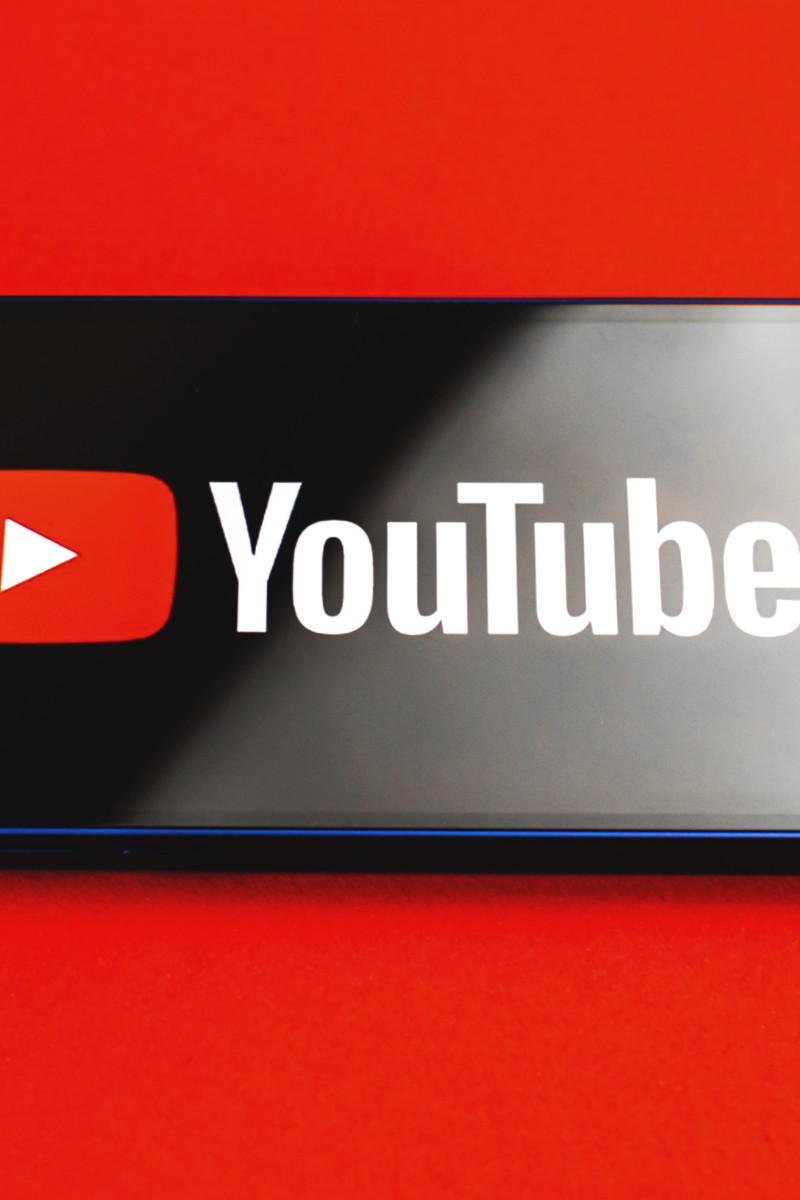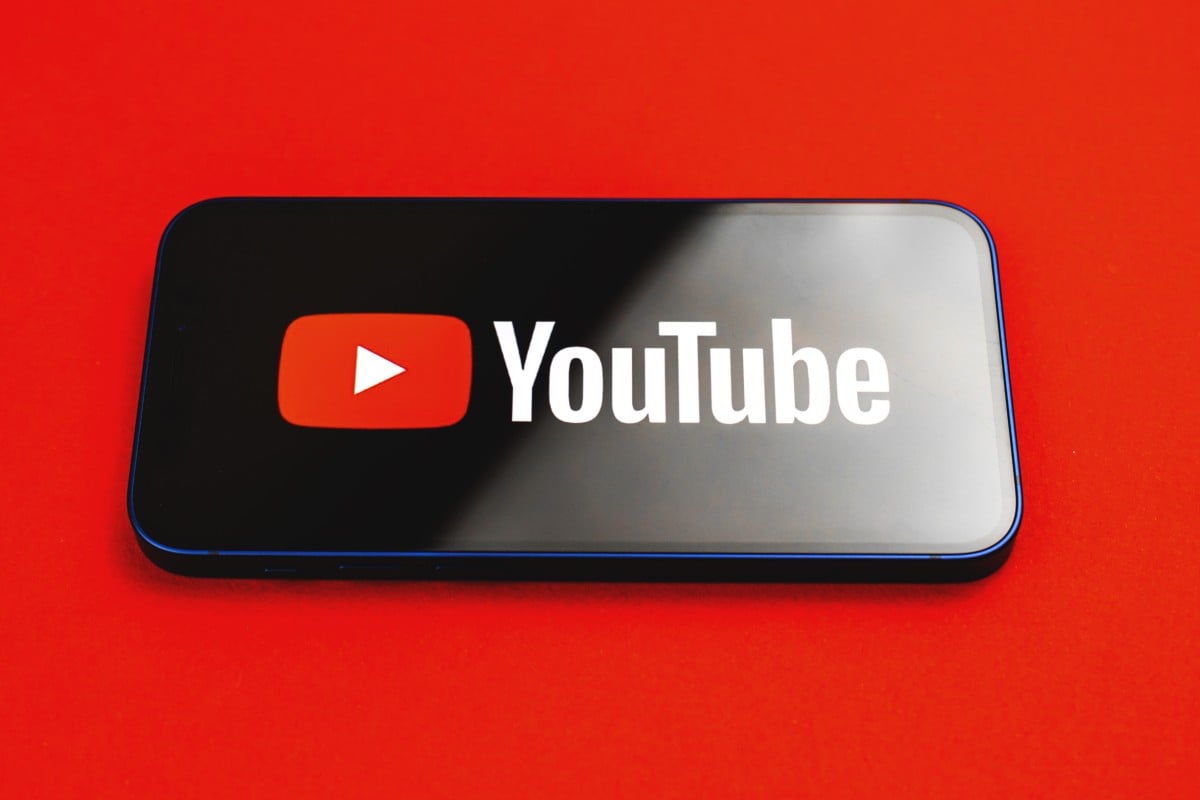
Fact checkers say YouTube allows its platform to be used as a weapon of disinformation
- In a letter to CEO Susan Wojcicki, the groups said the Google-owned video platform is “one of the major conduits of online disinformation and misinformation worldwide.”
- They also called for the video platform to act against repeat offenders of disinformation and strengthen efforts against misinformation in languages other than English
 Members of the International Fact Checking Network criticise the video platform for allowing itself to be used to manipulate and exploit others. Photo: Shutterstock
Members of the International Fact Checking Network criticise the video platform for allowing itself to be used to manipulate and exploit others. Photo: ShutterstockMore than 80 fact checking organisations are calling on YouTube to address what they say is rampant misinformation on the platform.
In a letter to CEO Susan Wojcicki published Wednesday, the groups say the Google-owned video platform is “one of the major conduits of online disinformation and misinformation worldwide.”
YouTube’s efforts to address the problem, they say, are proving insufficient.
“What we do not see is much effort by YouTube to implement policies that address the problem,” the letter says. “On the contrary, YouTube is allowing its platform to be weaponised by unscrupulous actors to manipulate and exploit others, and to organise and fundraise themselves.”
How to tell if you are reading #fakenews
The problem, these groups said, is especially rampant in non-English-speaking countries and the global south.
The fact checkers are all members of the International Fact Checking Network and include Rappler in the Philippines, Africa Check, Science Feedback in France and dozens of other groups. They lambasted YouTube, saying it frames discussions about disinformation as a “false dichotomy” of deleting or not deleting content.
Displaying fact-checked information is more effective than deleting content, the fact checkers wrote.
Wikipedia editors fight Covid-19 misinformation, bigotry and even Nazis
They propose that YouTube focuses on providing context and debunks that are “clearly superimposed” on videos. They also called for YouTube to act against repeat offenders and strengthen efforts against misinformation in languages other than English.
In a statement, YouTube spokeswoman Elena Hernandez said the company has “invested heavily in policies and products in all countries we operate to connect people to authoritative content, reduce the spread of borderline misinformation, and remove violative videos.”
She called fact checking “a crucial tool to help viewers make their own informed decisions,” but added that it is “one piece of a much larger puzzle to address the spread of misinformation.”